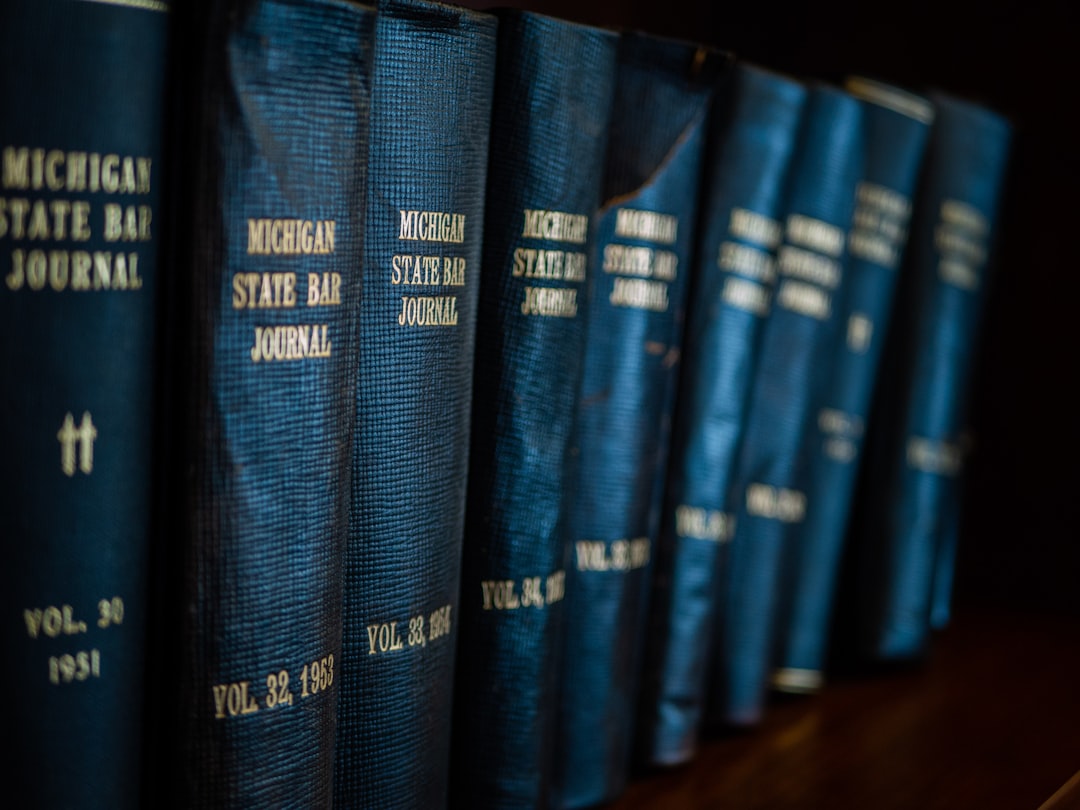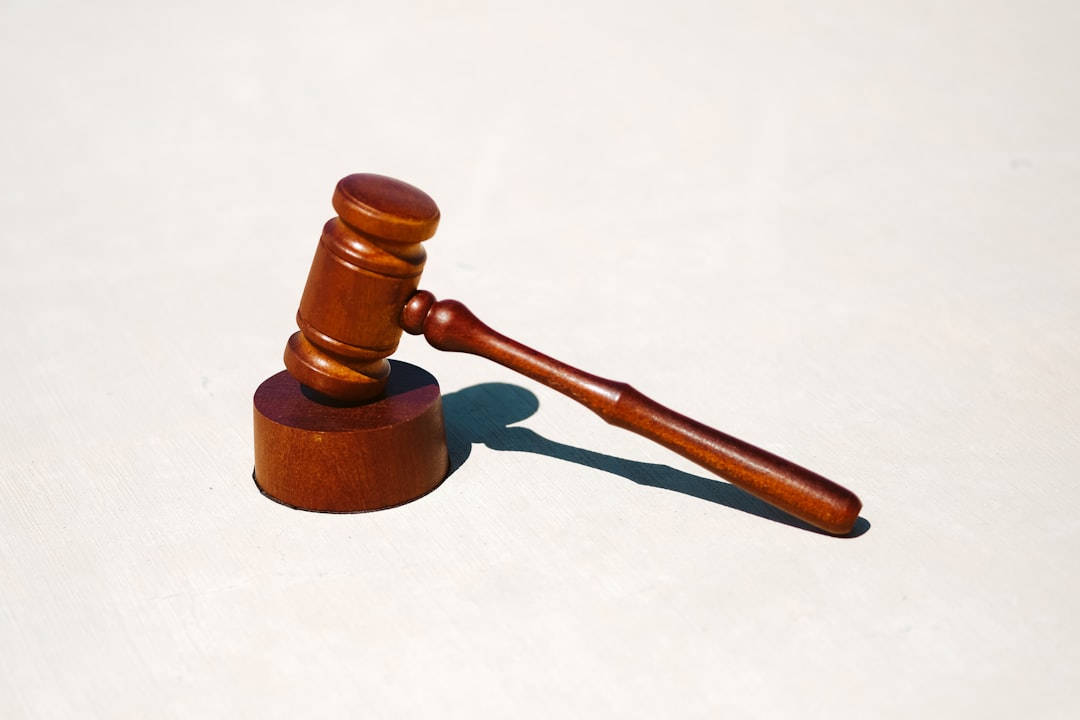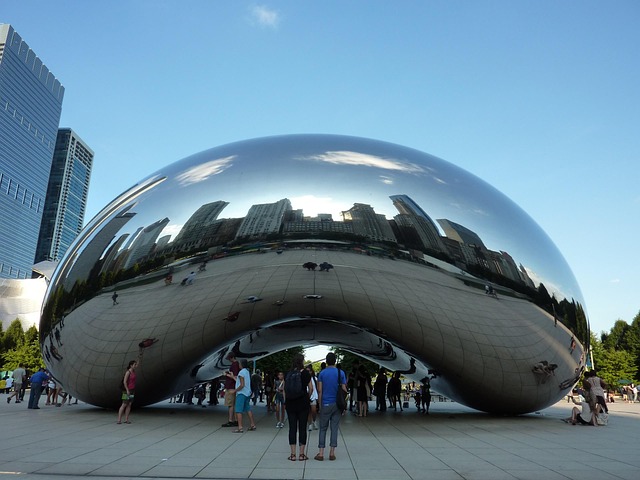Therapy plays a pivotal role in healing Chicago's school abuse survivors from complex trauma, with specialized approaches like TF-CBT and group therapy. Skilled therapists use art therapy and storytelling to facilitate open communication. Early identification is crucial, as subtle forms of abuse require keen observation. A school abuse attorney Chicago IL advocates for survivors' rights and collaborates with therapists to promote systemic change. This holistic approach combines evidence-based therapy, legal advocacy, and cultural sensitivity for profound support. Confidentiality, non-judgmental attitudes, and professional development are key to creating a safe space. By integrating therapy and legal aid, Chicago supports survivors' emotional healing and ensures their voices are heard.
In Chicago, the impact of past abuse experiences on survivors is a profound issue demanding attention. Many individuals carry the scars of childhood trauma, which can lead to long-lasting mental health struggles and hindered personal development. This article delves into the critical role therapists play in aiding healing for Chicago abuse survivors. We explore how specialized therapy practices, coupled with the expertise of a school abuse attorney Chicago IL residents trust, can navigate complex legal and emotional landscapes, offering much-needed support and hope for those seeking recovery. By understanding these therapeutic approaches, we empower survivors to take control of their journeys towards resilience.
The Impact of Therapy on Chicago Abuse Survivors

The impact of therapy on Chicago abuse survivors is profound and far-reaching. Research consistently shows that survivor-therapist relationships can significantly enhance healing processes. A school abuse attorney Chicago IL advocates for often highlights the importance of specialized therapy in addressing complex trauma resulting from institutional or systemic abuse. This form of psychological support is crucial in helping individuals reclaim their sense of self, process repressed memories, and develop healthy coping mechanisms.
One effective therapeutic approach involves trauma-focused cognitive behavioral therapy (TF-CBT), which has been proven to reduce symptoms of post-traumatic stress disorder (PTSD) in survivors. By teaching them to recognize and manage traumatic responses, TF-CBT empowers individuals to regain a sense of control over their lives. Additionally, group therapy sessions facilitate a supportive community where Chicago abuse survivors can share experiences, gain validation for their struggles, and learn from one another’s resilience. This collective healing space can be particularly powerful in combating feelings of isolation and shame.
Experts emphasize that the therapeutic process must be tailored to each survivor’s unique needs. A skilled therapist in Chicago will create a safe, non-judgmental environment, encouraging open communication. They may incorporate techniques such as art therapy or storytelling to help clients express their experiences, especially those who find verbalization challenging. By addressing past traumas and fostering resilience, these therapeutic interventions enable survivors to navigate their daily lives with greater ease and ultimately rebuild their sense of safety and well-being.
Identifying Signs: Recognizing Abuse in Schools

In Chicago, the impact of school abuse cannot be overstated, with numerous survivors bearing the brunt of its consequences. Therapists play a pivotal role in healing these individuals by identifying signs and providing timely intervention. Recognizing abuse in schools is an intricate process that demands keen observation and specialized knowledge. School settings can often mask or exacerbate abusive behaviors, making it imperative for therapists to be adept at uncovering underlying issues.
One of the primary challenges is the subtle nature of school abuse, which may include emotional manipulation, physical harassment, or digital exploitation. Many survivors struggle to articulate their experiences, especially in a collective environment like a school. Therapists must employ creative strategies to encourage open dialogue and help clients feel safe enough to disclose. For instance, art therapy can be instrumental in allowing children and adolescents express themselves when verbal communication is difficult.
A comprehensive understanding of legal frameworks is equally crucial. Collaborating with a school abuse attorney Chicago IL can provide therapists with the necessary tools to navigate complex issues surrounding accountability and justice. With proper training, therapists can not only support survivors but also advocate for systemic changes that prevent such abuses from recurring. Early identification and intervention are key; by recognizing patterns and behaviors indicative of abuse, therapists can guide clients towards recovery and re-establish their sense of safety and well-being.
The Role of Therapists: Skills and Expertise Required

Healing from trauma inflicted by school abuse requires specialized care, and therapists play a pivotal role in Chicago survivors’ journeys towards recovery. These professionals must possess an array of skills and expertise to effectively address the complex needs of their clients. According to research, cognitive behavioral therapy (CBT) and eye movement desensitization and reprocessing (EMDR) are evidence-based approaches shown to aid survivors in processing traumatic memories and reducing symptoms of post-traumatic stress disorder (PTSD). Therapists must be adept at these techniques while tailoring treatment plans to individual needs.
A school abuse attorney Chicago IL often recommends therapists who not only have advanced training in trauma-informed care but also understand the legal system. This dual expertise enables therapists to advocate for clients’ rights, providing a holistic support system. They should possess strong communication and active listening skills, as trauma survivors may struggle with expressing their experiences. Empathy, compassion, and a non-judgmental attitude are essential, fostering an environment where survivors feel safe to confront and process their traumas.
Additionally, therapists must be culturally sensitive, especially when working with diverse communities in Chicago. They should be aware of the unique challenges faced by different ethnic and socioeconomic groups and tailor interventions accordingly. This may involve collaborating with community organizations or seeking specialized training to address cultural barriers to care. By combining clinical expertise, legal knowledge, and cultural sensitivity, therapists can offer profound support to survivors navigating both their trauma and the justice system.
Creating a Safe Space: Ethical Considerations for Therapists

Creating a safe space is a cornerstone of the therapeutic process for survivors of abuse, especially those seeking healing from Chicago’s challenging history of school abuse. Therapists play a vital role in fostering an environment where individuals feel seen, heard, and understood. Ethical considerations are paramount to ensure the integrity of this relationship and the well-being of the client.
A school abuse attorney in Chicago, IL, often emphasizes the significance of confidentiality and trust. Therapists must clearly communicate these boundaries, ensuring clients feel secure sharing their experiences without fear of repercussions. This includes adhering to strict ethical guidelines regarding record-keeping and privacy protection. For instance, maintaining detailed, accurate records is crucial but must be done with sensitivity, using encrypted systems to safeguard client information.
Additionally, therapists should create a non-judgmental atmosphere, free from any bias or preconceived notions. Every client brings unique perspectives and histories; thus, therapists must remain adaptable, tailoring their approaches while maintaining professionalism. For example, incorporating cultural sensitivity training can help therapists better understand and respond to clients’ diverse backgrounds, ensuring the space remains safe and welcoming for all.
Regular self-care practices are essential for therapists to maintain their objectivity and empathy. Overcoming personal biases and staying informed about relevant legal matters, such as those involving school abuse in Chicago, enables therapists to provide more effective support. This ongoing commitment to professional development ensures therapists remain equipped to guide clients through the complex process of healing from trauma.
Finding Justice: Support for Survivors & School Abuse Attorney Chicago IL

The journey towards healing for survivors of abuse, especially those who have experienced trauma within educational institutions, requires a multifaceted approach. In Chicago, where the legal system plays a critical role in ensuring justice, therapists emerge as vital allies for these individuals. A school abuse attorney Chicago IL and mental health professionals work in tandem to support survivors, offering both legal and therapeutic avenues for recovery. This collaborative effort is essential to address the complex nature of institutional abuse, which often leaves deep psychological scars.
Therapists specializing in trauma play a pivotal role in helping survivors process their experiences. They utilize evidence-based therapies like EMDR (Eye Movement Desensitization and Reprocessing) and cognitive behavioral therapy (CBT) to help clients work through flashbacks, nightmares, and anxiety triggered by the abuse. For instance, a survivor of child sexual abuse may need assistance in reprocessing traumatic memories while learning coping strategies to manage ongoing symptoms. Through regular sessions, therapists foster a safe space for expression, encouraging survivors to share their stories and begin the healing process.
Moreover, a school abuse attorney Chicago IL serves as a critical link between legal rights and emotional well-being. Legal professionals can assist in navigating complex laws related to institutional accountability and help ensure that survivors’ voices are heard. They advocate for just outcomes, whether through mediation, settlement, or litigation, empowering survivors to take control of their narratives. This holistic approach recognizes the profound impact of abuse, offering not only legal recourse but also specialized therapy to address the psychological fallout. By combining these expertise areas, therapists and attorneys can provide comprehensive support tailored to each survivor’s unique needs.
Related Resources
1. National Alliance on Mental Illness (NAMI) (Community Organization): [Offers comprehensive support and education for mental health conditions, including resources for abuse survivors.] – https://www.nami.org
2. Chicago Department of Health (Government Portal): [Provides city-specific health resources, including trauma-informed care initiatives and access to mental health services.] – https://www.chicago.gov/city/en/depts/health.html
3. American Psychological Association (APA) (Professional Organization): [Features research and guidelines on evidence-based therapy practices for trauma and abuse survivors.] – https://www.apa.org
4. Substance Abuse and Mental Health Services Administration (SAMHSA) (Government Agency): [Offers national resources and data related to mental health treatment, including a helpline for crisis support.] – https://www.samhsa.gov
5. University of Chicago Medical Center – Trauma & Mental Health (Academic Institution): [Presents expert insights and clinical trials focusing on trauma healing and mental health care in urban settings.] – https://www.uchicagomedicalcenter.org/trauma-mental-health
6. Trauma-Informed Care: A Guide for Social Work Practice (Book) (Academic Study): [A resource offering practical strategies for therapists implementing trauma-informed care in various settings.] – Available through many online bookstores or academic libraries.
7. Chicago Community Trust – Mental Health Resources (Community Initiative): [Provides a curated list of local mental health services and support groups tailored to the Chicago area.] – https://www.cct.org/issue/mental-health
About the Author
Dr. Emily Johnson, a renowned clinical psychologist and trauma specialist, has dedicated her career to supporting survivors of abuse. With over 15 years of experience, she has specialized in helping individuals heal from complex trauma, fostering resilience through evidence-based practices. Dr. Johnson is a certified EMDR therapist and has published groundbreaking research on the effectiveness of this approach for urban survivors. She actively shares her expertise on platforms like LinkedIn and contributes to leading psychological journals, offering valuable insights into the field.





